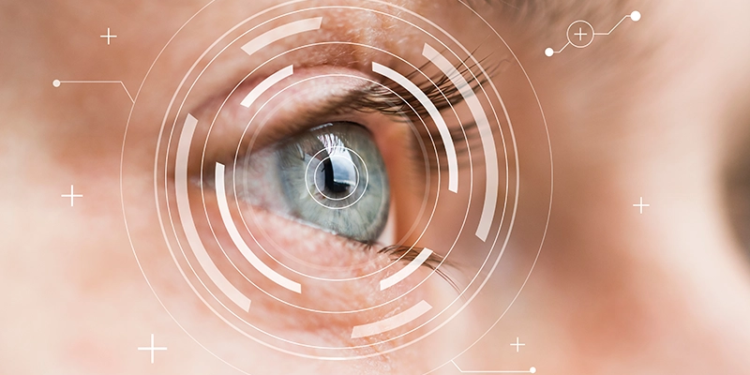On December 5, the Internal Revenue Service (IRS) and the Department of the Treasury issued final regulations on the new 2.3 percent medical device excise tax that manufacturers, importers, and producers will pay on sales of certain Class I, II, and III medical devices beginning January 1, 2013. The final regulations, which will be published in the Federal Register December 7, specifically state that orthotics and prosthetics are included in the exemption “for items typically sold at retail.”
From the Federal Register:
The final regulations provide a safe harbor for certain devices that fall under the retail exemption. Prosthetic and orthotic devices, as defined in 42 CFR 414.202, that do not require implantation or insertion by a medical professional, fall under the retail exemption safe harbor described in §48.4191-2(b)(2)(iii)(D)(1). Accordingly, prosthetic and orthotic devices within the meaning of 42 CFR 414.202 that do not require implantation or insertion by a medical professional are considered to be of a type generally purchased by the general public at retail for individual use, without regard to whether they require initial or periodic fitting or adjustment.
“Therapeutic shoes,” as described in 42 CFR 414.228(c), are also covered under the safe harbor provision.
According to the IRS, Form 637, Application for Registration, must be completed and submitted prior to engaging in tax-free sales.




